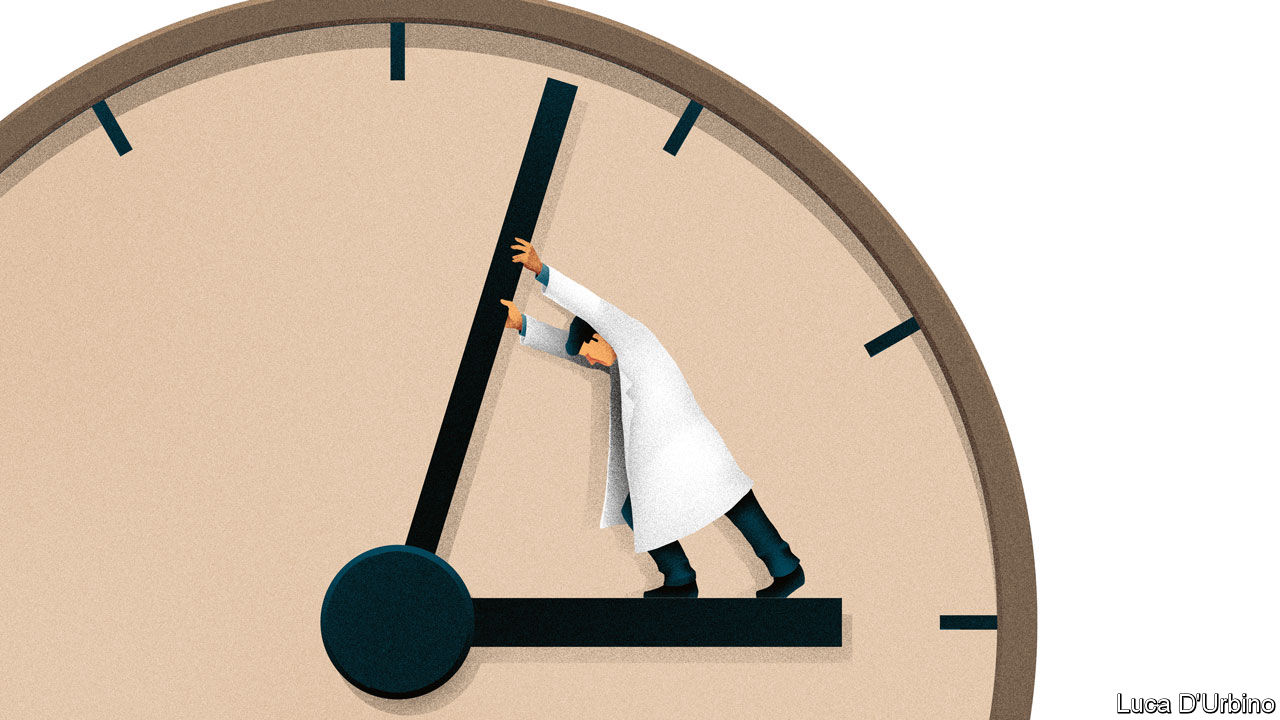When I was young, I had a quick mind, an excellent memory, and I found it easy to multitask.
Not anymore. These days, when I set out to put words down on a page, it takes more time than it used to. Thoughts no longer race through my mind—in fact, sometimes when I’m tired, it feels as if they’re crawling. Nouns evade me: I know perfectly well who my neighbor is, for example, but it sometimes takes a while to coax her name out of my memory. I’ve also learned that when I make a date to do something, I’d better write it down, and that I do much better if I tackle tasks one at a time.
All this is considered normal for someone my age (I’m 85), but it’s aggravating, so I was intrigued when I read that scientists have found a way to rejuvenate older brains, at least in mice.
Here’s the background. The walls of blood vessels in the brain are especially dense, and they form what’s called the blood-brain barrier (the BBB). It prevents most harmful substances, such as proteins circulating in the bloodstream, from seeping out into the brain.
But the BBB can develop leaks, and scientists have invented a new MRI technique that makes them visible. The leaks are often the result of trauma, such as a stroke or a head injury, but for unknown reasons, dementia can also cause gaps in the barrier.
In addition, leaks can occur in the course of normal aging. In fact, MRI scans done with that new technique show that almost 60 percent of individuals over 70 have a leaky BBB, and the older people are, the more permeable their blood barriers. It’s possible that holes in the BBB are responsible or partly responsible for the cognitive difficulties that plague most of us in later life.
But the gaps themselves are not the real problem; it’s what seeps through them. Scientists have demonstrated that when a protein called albumin—a major component of blood—gets into the brain through a compromised BBB, it causes inflammation. That, in turn, damages some cells and brain circuits and overstimulates other cells, producing abnormal brain waves.
The recent experiments that caught my attention explored albumin’s effects on the brains of mice. The results were surprising and encouraging. Daniela Kaufer, PhD, a University of California-Berkeley professor of integrative biology, was a senior investigator in the studies, together with Alon Friedman, PhD, who developed the MRI technique that makes it possible to see the BBB. Friedman is at Ben-Gurion University of the Negev in Israel and Dalhousie University in Canada.
This international team infused the brains of young mice with albumin. Within a week, the youngsters were navigating a maze as poorly as old mice did. Later, when the scientists examined their brains, they resembled those of old mice in several ways, including inflammation.
Then, experimenting this time on elderly mice, which—like humans—can develop leaky BBBs, the scientists used a drug, created just for their research, that could get through the blood-brain barrier and that blocked the effects of albumin in the rodents’ brains. Kaufer wasn’t expecting a lot of improvement, she said in a radio interview. She figured irreversible damage had already been done. But within days, the old mice were almost as good at learning new tasks as rodents half their age.
Kaufer observed that it was as if a fog of inflammation sat in the brain. When that fog was lifted, the brain functioned as if young again.
Kaufer and colleagues have now formed a company to try to develop drugs that can heal the blood-brain barrier and reduce that damaging inflammation.
Kaufer’s research is not without its critics. Some scholars warn that what works in mice often fails to work in humans.
But if it does work, there’s new hope for people with head injuries, strokes and devastating diseases such as Alzheimer’s.
What about those of us who don’t (yet?) have dementia but likely have holes in our BBBs? Could such a drug lift some of the fog of aging and sharpen our thinking?
That’s a possibility Kaufer and Friedman have considered. Their experiments suggest that when an older brain isn’t working well, it’s not because a lot of brain cells have died of old age. It could be instead because of inflammation, caused by what has leaked through the BBB.
“Within days of reducing the inflammation, an older brain begins to act young again,” says Friedman.
In other words, as Kaufer puts it, “We can reverse brain aging.”
That sounds good to me.

Flora Davis has written scores of magazine articles and is the author of five nonfiction books, including the award-winning Moving the Mountain: The Women’s Movement in America Since 1960 (1991, 1999). She currently lives in a retirement community and continues to work as a writer.



